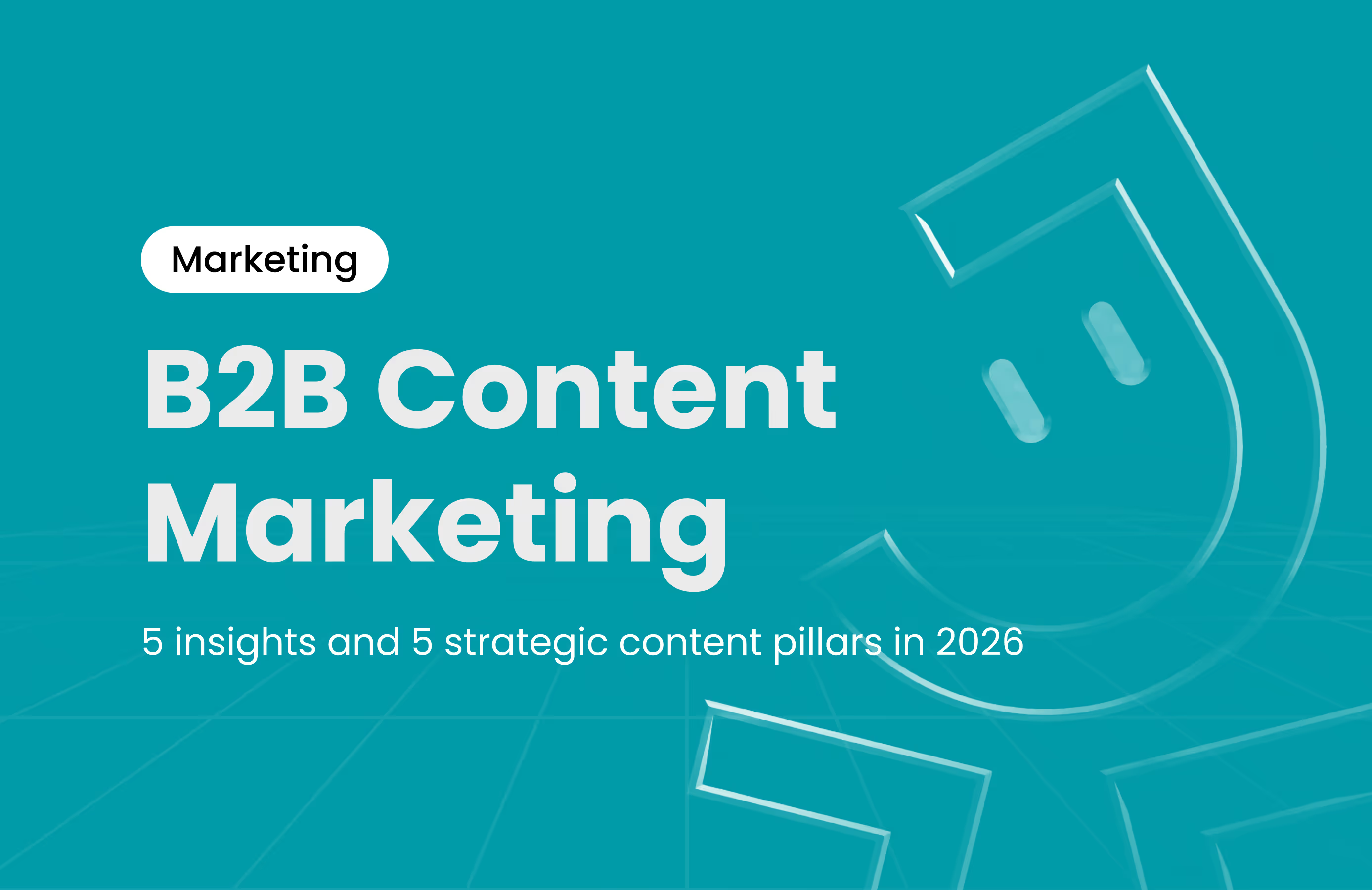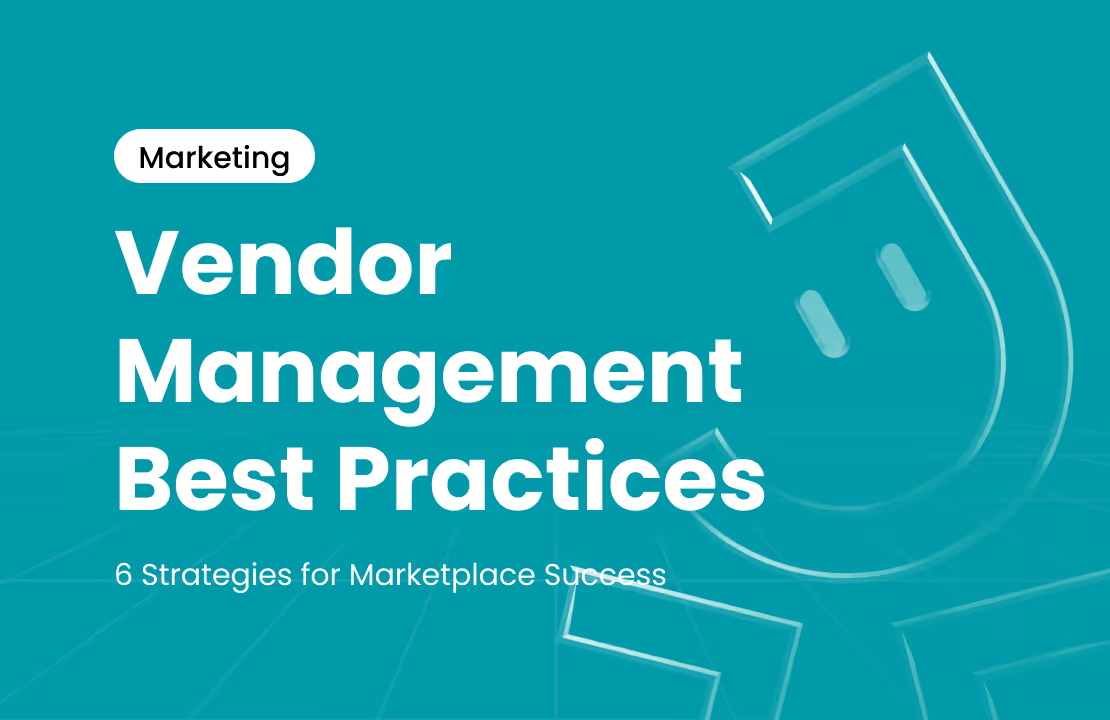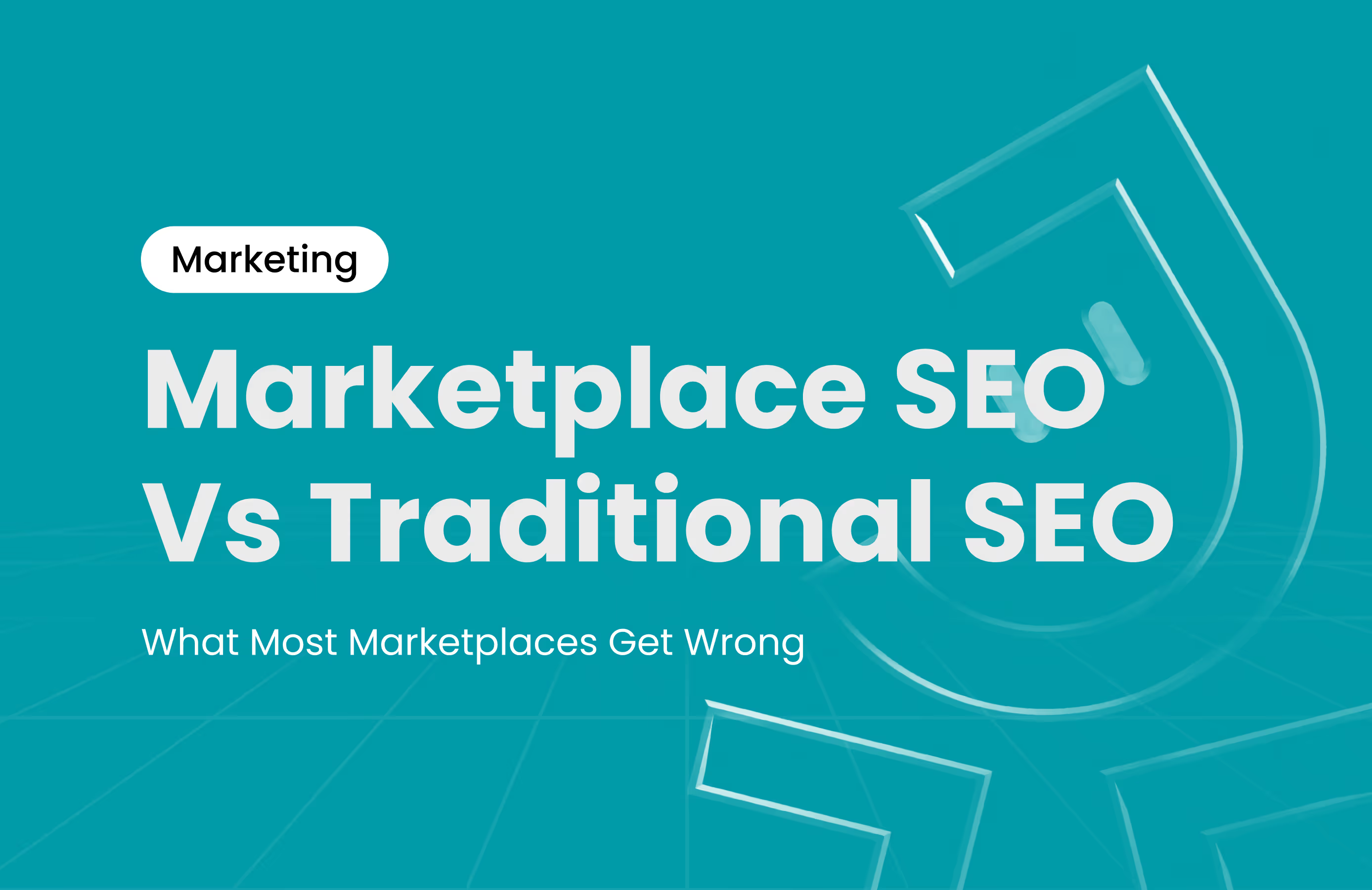5 B2B Content Pillars to transform B2B Content Marketing Strategy

As AI, data, and automation continue to reshape buying behavior, B2B organizations must also evolve the way they create and distribute content. In 2026, B2B marketing success will not come from the volume of content produced but from strategic clarity, insight depth, and the ability to combine technology with human expertise.
At Journeyhorizon, we believe that an effective B2B content marketing strategy is built upon five core pillars. These pillars help B2B SMEs and digital marketplaces grow sustainably without depending entirely on paid advertising.
What Is B2B Content Marketing?
B2B content marketing is the strategic use of value-driven content such as articles, white papers, case studies, videos, and webinars to attract, educate, and convert business buyers.
Unlike advertising, content marketing builds long-term trust and influences decision-making across a buying journey that can last weeks or even months.
The Role of Content Marketing in B2B Strategy
In a modern B2B strategy, content marketing delivers three key outcomes:
- Brand Visibility: It supports long-term organic growth through SEO, ensuring that your business appears at every important research touchpoint.
👉 See: SEO for Small Businesses - Pipeline Creation and Nurturing: Content fuels the sales process by guiding potential buyers from awareness to conversion with relevant, trustworthy insights.
- Authority and Credibility: By producing well-researched and data-backed content, your brand demonstrates real expertise instead of making empty claims.
While AI and automation tools now enable smaller teams to scale their content operations efficiently, technology remains only an accelerator. The true differentiator continues to be strategy, creativity, and human understanding.
Why B2B and B2C Content Marketing Must Be Treated Differently
B2C content focuses on emotion and immediate action, whereas B2B content relies on logic, data, and credibility.
A B2B audience, such as CEOs, procurement leads, or department heads, seeks expertise and measurable value rather than slogans or emotional appeals.
Therefore, effective B2B content must:
- Present structured reasoning
- Use industry-relevant language
- Include data and measurable outcomes
- Demonstrate real-world impact
For B2B marketplaces, the challenge is even greater. Your content must serve both buyers and sellers. Each group has its own motivations and search behaviors, which require tailored SEO and content strategies.
👉 Explore this topic further in: SEO Marketplace Optimization
5 Latest Insights for B2B Content Marketing in 2026
According to the latest research from the Content Marketing Institute, the most successful B2B organizations share five core characteristics in how they manage content:
- Strategy and people come before tools.
High-performing teams focus on talent and structure before adopting new technology. - Quality and relevance outweigh quantity.
Sixty-five percent of marketers cite “content relevance and quality” as the most important factor in improving results. - First-party data is the new competitive advantage.
Companies that collect and use their own audience data are able to personalize content and anticipate buyer needs more effectively. - Personalization and ABM (Account-Based Marketing) still have untapped potential.
Most organizations claim to personalize content but rarely move beyond basic segmentation. - Owned media and buyer experience are regaining importance.
Businesses that invest in their own channels, such as blogs, email, and webinars, achieve more consistent and sustainable visibility than those relying solely on paid media.

In short, B2B content marketing in 2026 is shifting from quantity to clarity, and from broadcasting messages to delivering data-driven stories with measurable business outcomes.
From Insights to 5 B2B Content Pillars for SMEs and Marketplaces
Based on these insights, the following five B2B content pillars form the foundation of any modern, results-oriented content strategy for SMEs and marketplaces.
1. Thought Leadership and Industry Intelligence
Objective: Position your brand as a trusted authority in your field.
Buyers trust brands that lead industry conversations instead of simply participating in them. To achieve that position, your content must combine deep research with original insight.
Execution:
- Publish annual “Industry Outlook” or “State of the Market” reports that showcase your expertise.
- Provide commentary on new regulations, emerging technologies, or key market shifts.
- Use AI tools to aggregate data, but let experts interpret and communicate the insights in human language.
This pillar helps build recognition, credibility, and influence across the ecosystem you serve.
2. Customer Problem - Solution Stories
Objective: Demonstrate your value through real results.
Case studies remain one of the highest-converting content formats in B2B because they answer a fundamental question: Can you solve my problem, and can you prove it?
Execution:
- Use a clear structure: Problem → Impact → Solution → Results.
- Include measurable performance indicators such as percentage growth or cost savings.
- Repurpose each story into multiple formats such as blog posts, client videos, and sales decks.
- Keep the focus on the client’s challenge and transformation, not your product features.
This type of content builds confidence among buyers who seek proof, not promises.
3. Data-Driven Insights and Use Cases
Objective: Turn your internal or market data into a competitive asset.
When businesses use their data to generate meaningful insights, they build credibility and attract engagement from analytical decision-makers.
Execution:
- Create reports or benchmarking studies that reveal market trends or behavioral insights.
- Visualize findings through infographics and interactive dashboards.
- Use automation tools for data processing, but rely on human analysis to produce context and relevance.
Data-driven storytelling increases trust, attracts backlinks, and often earns media attention.
4. Humanized Expertise and Team Voice
Objective: Showcase the people behind the brand to build stronger connections.
Business buyers care not only about what a company offers but also about who delivers it. Humanizing your content makes your expertise more relatable and your brand more credible.
Execution:
- Launch an “Expert Talks” or “Inside the Project” series to highlight the thinking and teamwork behind key projects.
- Encourage subject-matter experts to author thought pieces, appear on webinars, or contribute to podcasts.
- Develop professional profiles for key experts as visible brand ambassadors.
When readers see real professionals sharing real experiences, they are more likely to trust the organization behind them.
5. Educational and Enablement Content
Objective: Empower your buyers with knowledge that drives confident decisions.
Educational content simplifies complex ideas, making them practical and actionable for your audience.
Execution:
- Build a resource library that includes how-to guides, frameworks, templates, and eBooks.
- Follow a clear logic: Problem → Context → Framework → Action Steps.
- Base topics on real search intent and audience demand, such as “SEO for small businesses” or “SEO for marketplace.”
- Offer follow-up materials like webinars or downloadable templates to encourage engagement and lead generation.
This pillar helps position your company as a mentor rather than a seller, improving both SEO performance and customer loyalty.
👉 Learn more: SEO for Small Businesses
How to Find a Trusted B2B Marketing Agency to Implement Successfully
A strong content strategy is only as effective as its implementation. To find the right B2B marketing agency, focus on three essential criteria.
1. Proven B2B Results with Transparent Metrics
A reliable agency delivers measurable results rather than promises. Look for evidence of:
- Growth in organic traffic and qualified leads
- Improved conversion rates from content to pipeline
- Clear ROI metrics for SEO and content marketing campaigns
2. Deep Expertise in B2B and Marketplace SEO
Choose an agency that understands both the B2B buying process and the complexity of multi-vendor marketplaces.
Your partner should be able to:
- Map the complete buyer journey across roles and stages
- Optimize content for both supply and demand sides
- Align SEO objectives with measurable business outcomes
3. Human-Led Strategy with AI-Enhanced Execution
AI accelerates production and analytics, but human strategy ensures the right direction. The most effective agencies combine data, automation, and creative insight to deliver content that feels intelligent and authentic.
That’s what we did for Novabridge - a ServiceNow Elite Partner in consulting and implementation in Australia.
If you are running a B2B business, you need a strategic B2B content marketing strategy and effective implementation, Journeyhorizon is your trusted partner with measured results.
➡️ Explore Novabridge’s Digital Transformation Powered by Journeyhorizon here!
FAQs
1. What is B2B content marketing and why does it matter in 2026?
It is the most reliable method for building trust and authority with business audiences. As buyers demand substance over slogans, content marketing becomes the foundation of sustainable brand growth.
2. How do B2B content pillars improve SEO for small businesses?
They focus your effort on the five content areas that deliver consistent SEO visibility and conversion results, ensuring efficient use of resources.
3. What is the main difference between B2B and B2C content marketing?
B2B content appeals to logic and expertise, while B2C content triggers emotion and instant response. Each requires distinct messaging and tone.
4. How can AI and automation tools support B2B content creation?
They assist with research, keyword planning, and workflow automation, but the brand’s strategy, storytelling, and tone must remain human-led.
5. How can I choose an agency for marketplace SEO optimization?
Select one with a track record of success, proven B2B experience, and hands-on expertise in SEO Marketplace Optimization.
Human-Led Goes Before AI (Conclusion)
AI, data, and automation are transforming marketing, but human insight, empathy, and strategic thinking remain at the heart of effective communication.
At Journeyhorizon - the trusted, optimal Marketing Agency for marketplaces and businesses, we believe that human-led SEO and content marketing not only make businesses visible but also make them trusted, chosen, and remembered.
Start 2026 with a strategy built on clarity, trust, and creativity.👉 Explore our SEO Services and Content Marketing Services to begin your growth journey.



